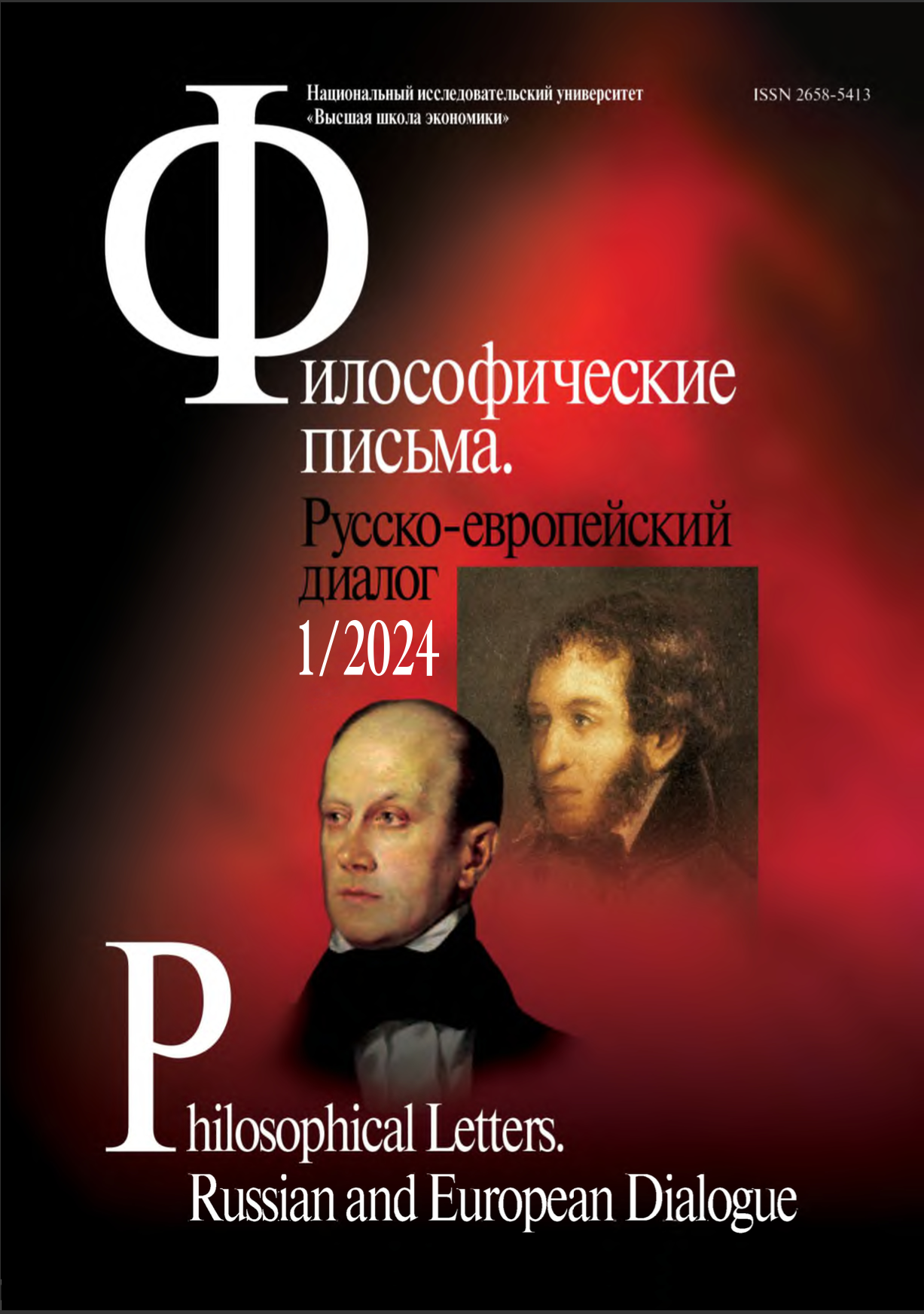About the ‛last Berdyaev’. On the Issue of Patriotism
Abstract
Among the numerous and contradictory evidence that, with possible completeness, reveals the position of writers and philosophers of the Russian diaspora in relation to the results of the USSR Victory in the Great Patriotic War, one cannot even mention the ideological and political conflict that occurred around N. A. Berdy- aev regarding the emerging phenomenon of “Soviet patriots” and pro-Soviet sentiments among the emigrants. The debate about Russian and Soviet patriotism came to the fore, about which of them is more significant, can be accepted by emigrants or rejected, how the national and the universal relate to the scope of this concept. The last years of Berdyaev’s life, his political, philosophical, religious self-determination after the Great Patriotic War in relation to Russia (the Soviet Union) are very indicative of the fate of the Russian dispersion and are connected with our present-day intuitions about the history and fate of Russia. The position of the “last Berdyaev”, its complexity and inconsistency is presented in the article in three complementary assessments of his beliefs of the post-war years (B. K. Zaitsev, S. L. Frank, Archbishop John Shakhovskoy), in the context of historical events of 1945–1947.

